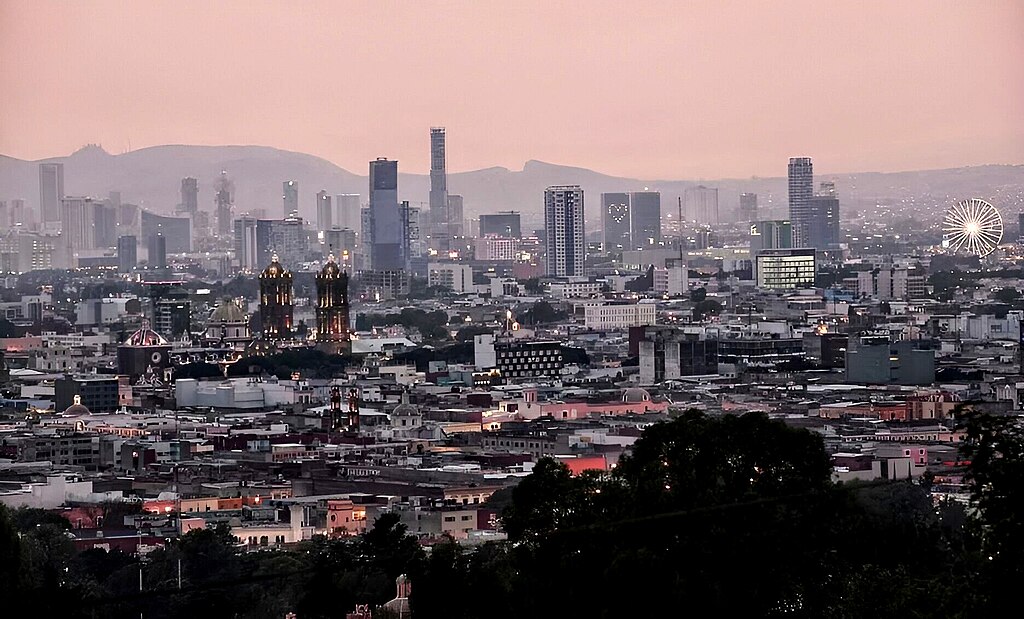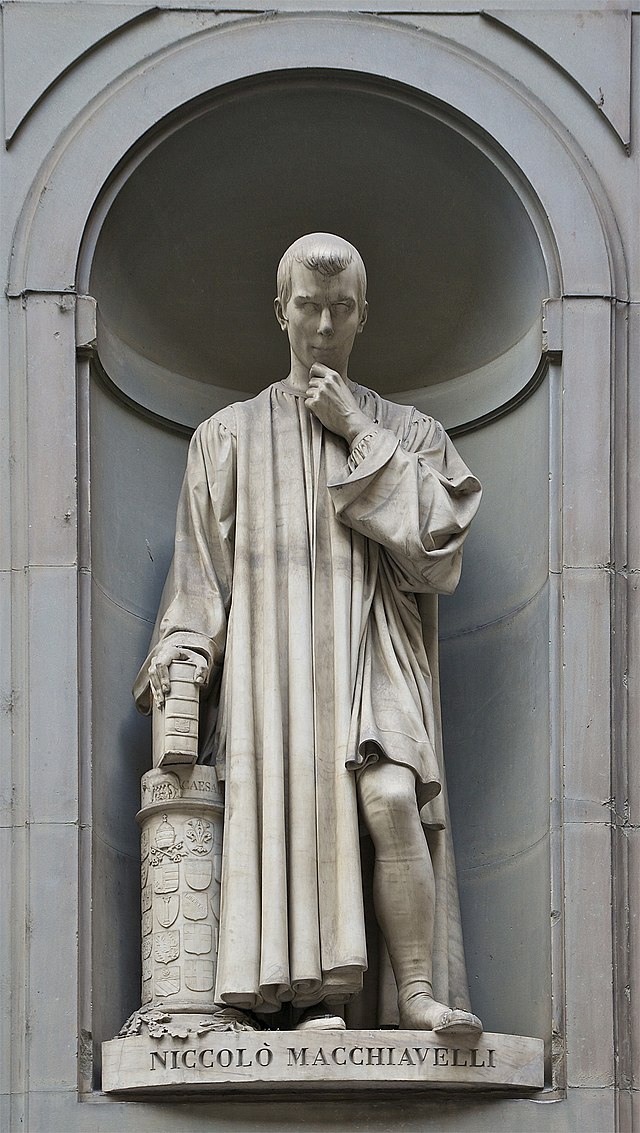Hello travelers! I have recently been listening to songs that evoke a sense of travel or wanderlust. Hearing them makes me want to jump on a plane, fly to Europe, and live in a medieval fairy-town for a month. These songs are strictly from my music on my iPad—I did not Google any “travel songs” because anybody can really do that. I hope you enjoy this unique playlist that makes me smile wistfully every time I hear it.
1. Rome by Phoenix—This song includes Roman history, which I obviously am obsessed with. “Focus looking forward, the Colosseum…”
2. Budapest by George Ezra—Whenever I think of Budapest, I remember my grandfather telling me a story about visiting this Eastern European city when it was controlled by the Soviets.
3. Southern Comfort Zone by Brad Paisley—I connected to this track because it mentioned places I have visited before such as Paris and Rome. “I know what it’s like to talk and have nobody understand.”
4. The Girl from Ipanema—“Tall and tan and young and lovely…” Although I am not tall or tan, I love this song because I would like to see Rio de Janeiro one day. Frank Sinatra’s voice is also very smooth.
5. I’m Gonna Be (500 Miles) by The Proclaimers—I first heard of this song on Oxygen TV (a garbage channel, but some stories are interesting). A boyfriend sang this song throughout various parts of the world where he was traveling and proposed to his girlfriend. Way to make expectations even higher for men…
6. New York, New York by Frank Sinatra—This song is famous for being blasted through Times Square after the ball drops on New Year’s Eve. It has a catchy beat, unforgettable lyrics, and a “celebrity” feel to it. But it also makes me want to fly to New York City and see the Metropolitan Museum again…
7. Waka Waka (This time for Africa) by Shakira—This song was made for the FIFA World Cup 2010 which was held in South Africa. I enjoy watching football, and this track brought me back to watching the cultural music video in eighth grade.
8. Going to California by Led Zeppelin—This track is acoustic which gives it a rustic, emotional vibe. I feel like Jimmy Page is personally serenading me with his lyrics about California, kings, and queens.
9. Echoes of the East by Mediterranean Nights—Although this instrumental songs lack lyrics, the melodies played are simply fantastic. As the name implies, a musical infusion of the Far East is pumped into the track, with unique sounds and frequencies. I think of arid Arabian deserts and camel rides in ancient Mesopotamia.
10. Save Me San Francisco by Train—This band is known for being enamored with San Francisco, and the catchy tune/lyrics reflects this love. This song reminds me of “Lola and the Boy Next Door,” a young adult romance novel by Stephanie Perkins. It is set in modern San Francisco, with its tall, stately houses, cable cars, and rising hills.



